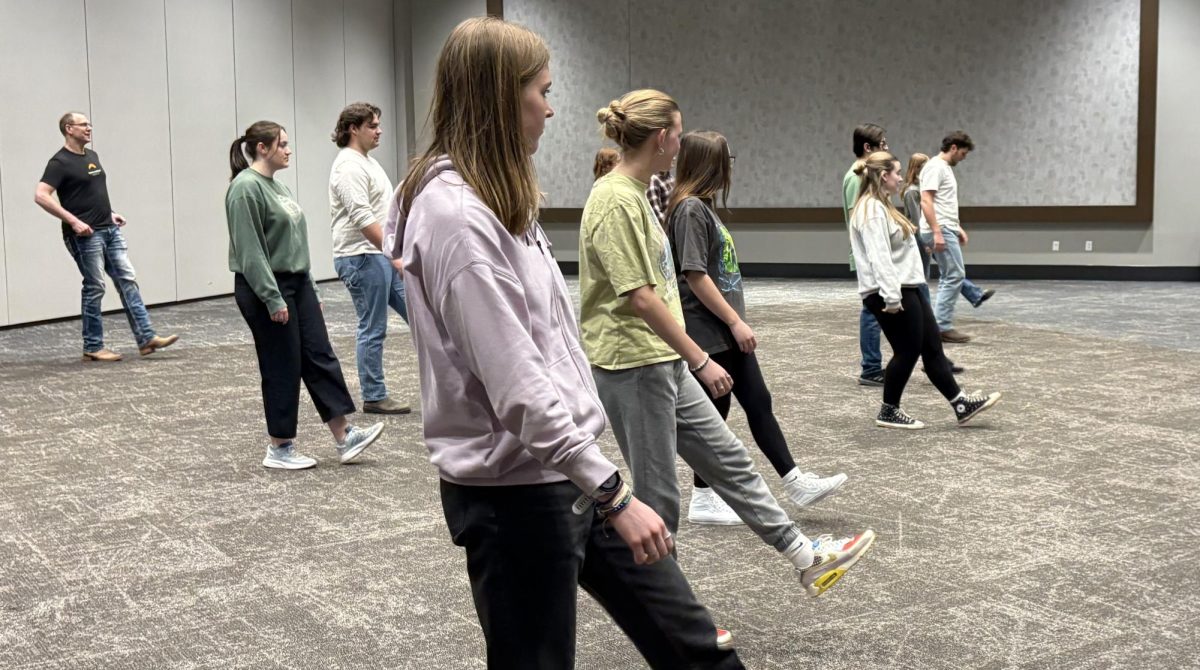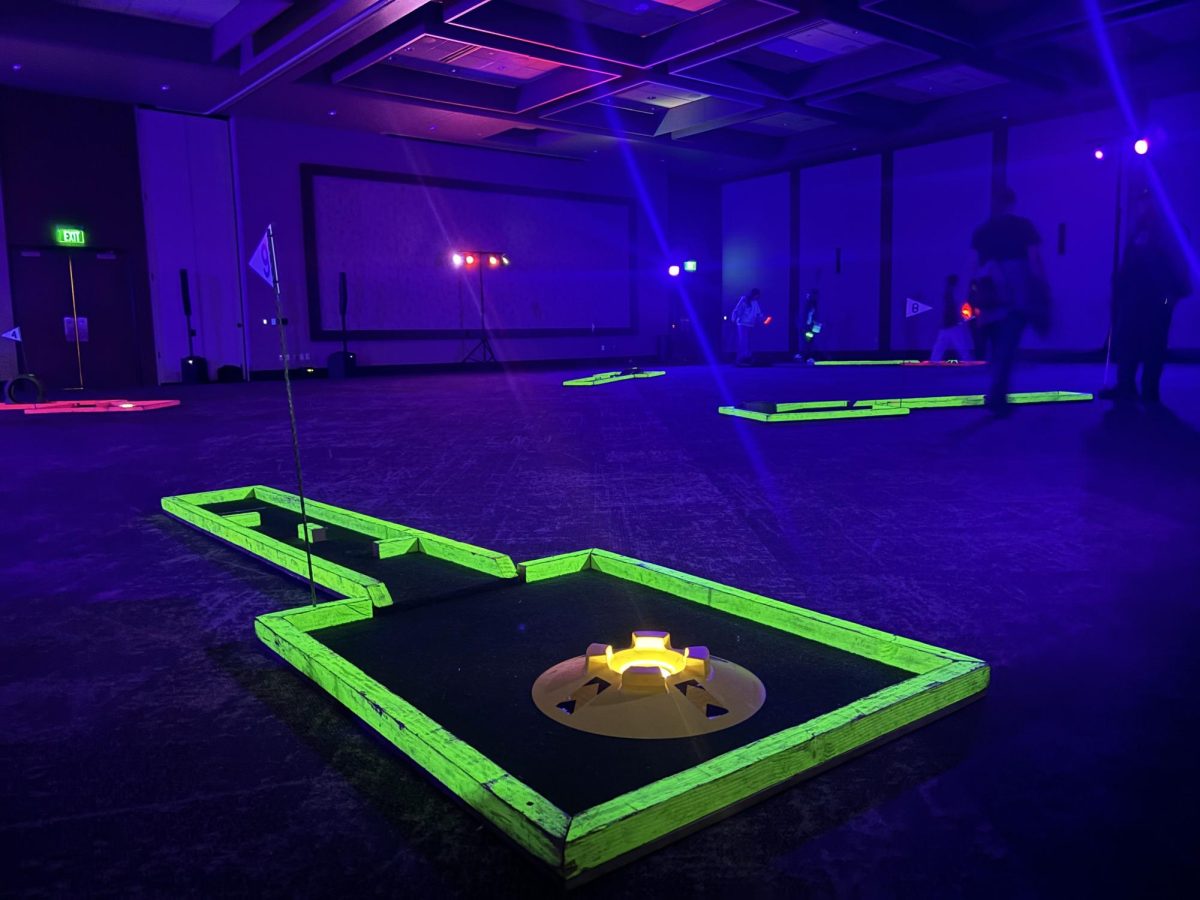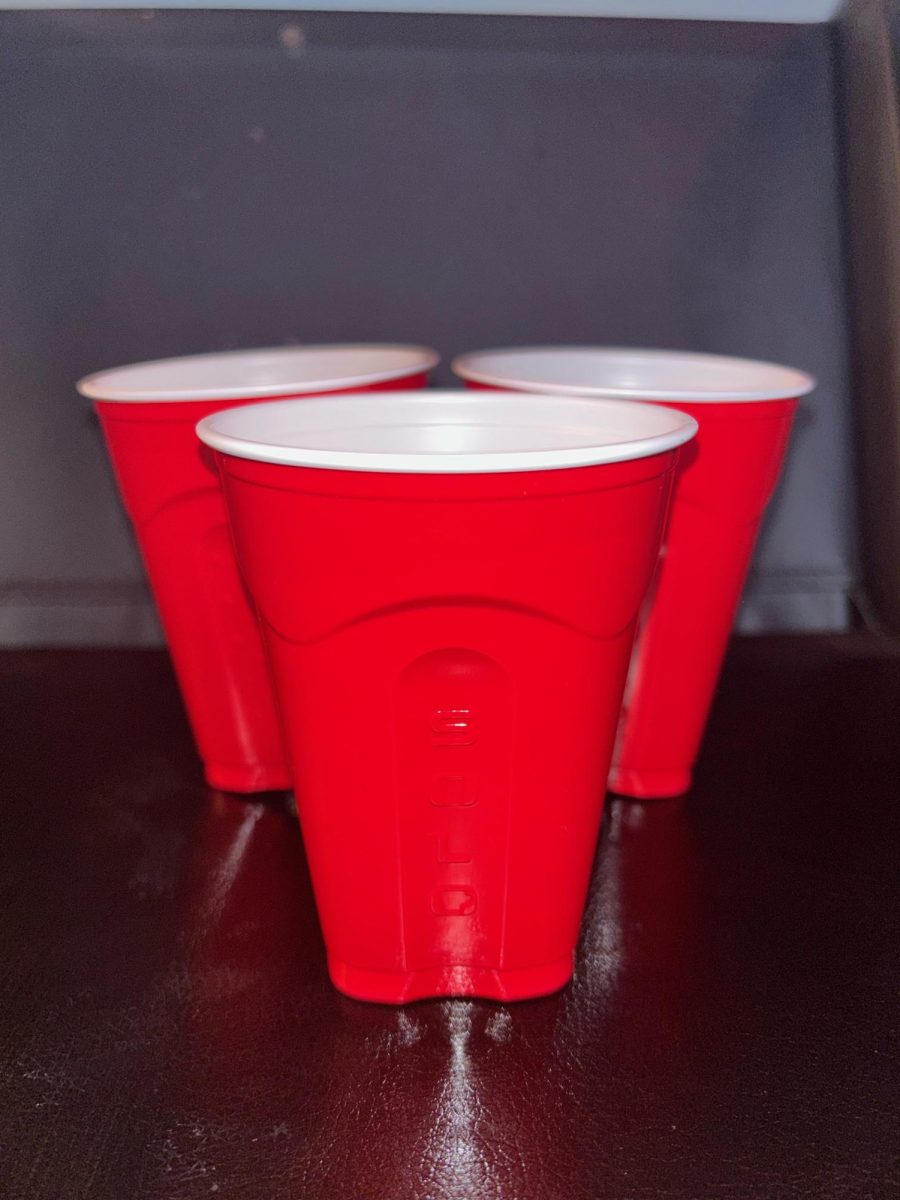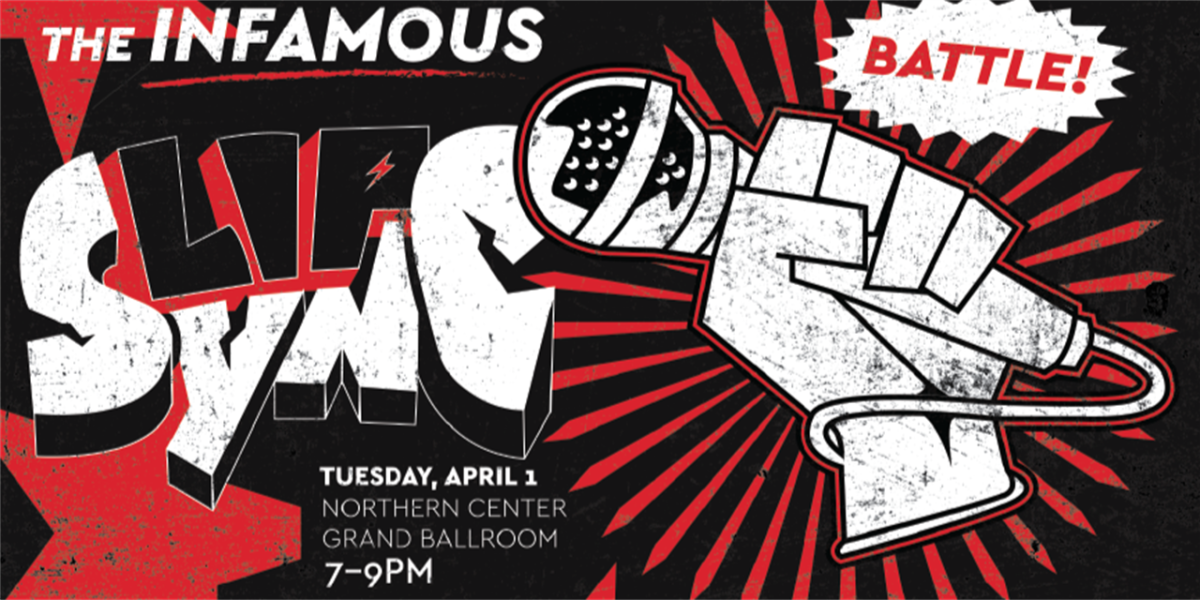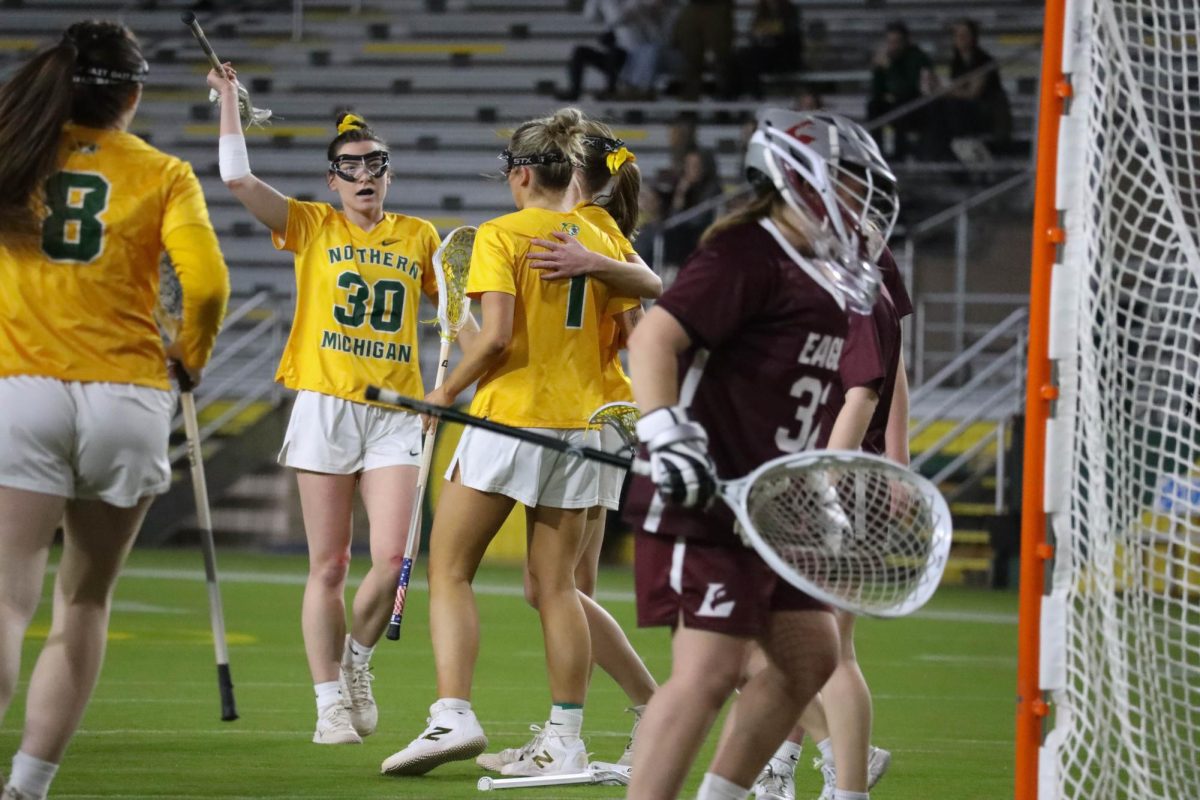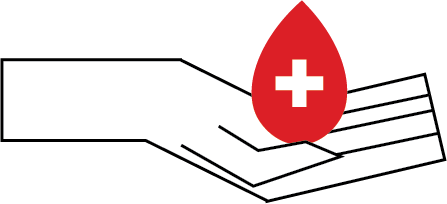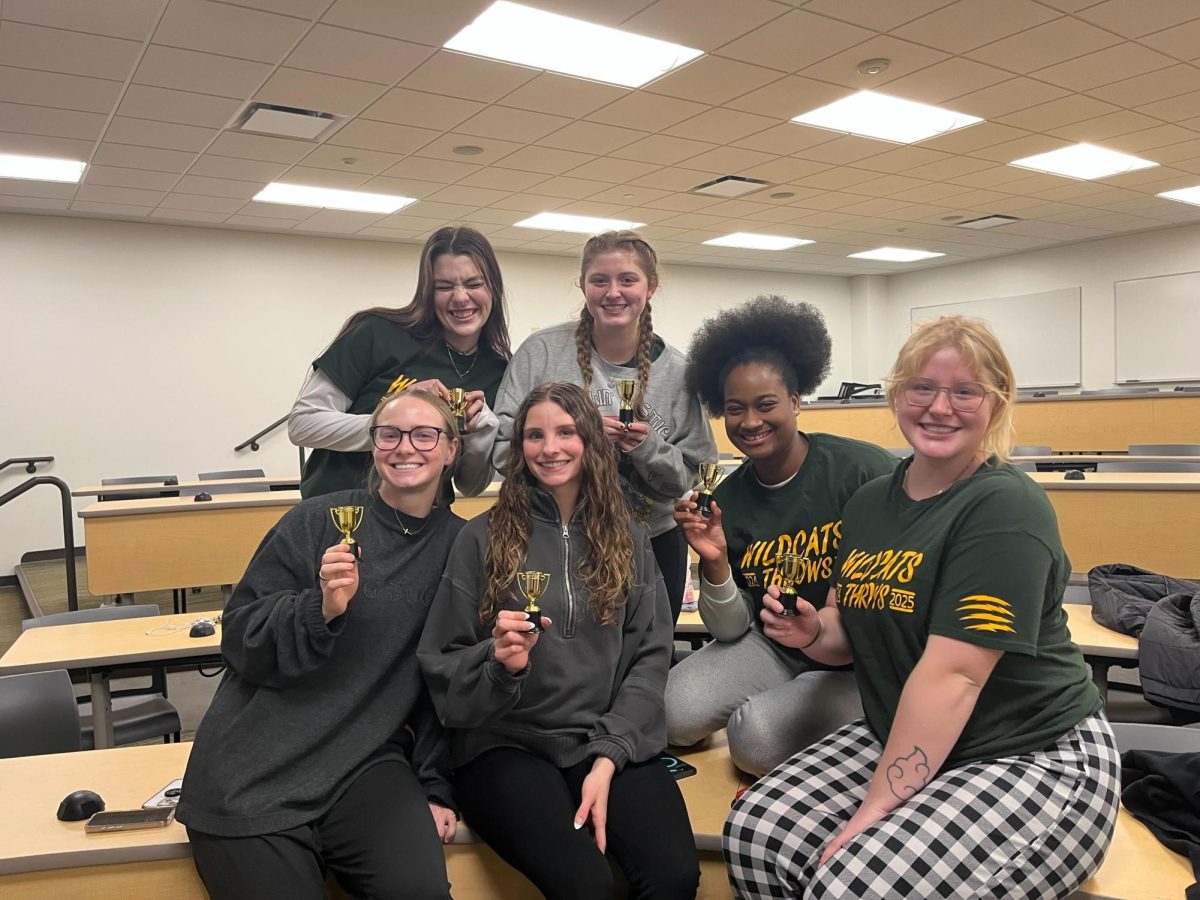Due to a national shortage of blood donors, the U.P. is currently experiencing a critical need for blood to provide to hospitals.
NMU and the U.P. Regional Blood Center (UPRBC) will hold an upcoming blood drive in Jamrich from 11 a.m. to 4 p.m. on Nov. 8. The UPRBC, located next to NMU’s campus, provides all the needed blood to U.P. hospitals as the sole provider for the region.
“Any blood that you’re receiving in the U.P. is coming from us, and no one else,” UPRBC Collections Coordinator Rachel Heath said. “So it’s super important to donate with the U.P. Regional Blood Center, because that’s what’s going to be saving the lives of anyone going to the hospital in the U.P.”
Other companies which come to the region to do blood drives take the blood to other regions, Heath said.
National blood donations have decreased drastically over the last five to 10 years, Heath said. The donor population is now aging, and the younger generations often do not donate due to lack of knowledge, Heath said.
“The younger generations just aren’t donating anymore. I think a lot of it’s just lack of knowing about the need for donating, and stepping up and actually doing it,” Heath said. “Overall, nationwide, people just aren’t donating blood like they used to.”
There is no substitute for blood, and the only way for hospitals to acquire this indispensable resource is through voluntary donations, UPRBC Medical Laboratory Technician Jacely Babcock said.
“It sounds terrible, but we’re just becoming a more selfish society… It’s so easy to just donate money on Facebook now, and we do it, and boom, you don’t need to do anything else,” Babcock said. “There’s fear of needles, and there’s not [enough] conquering fears, like other generations have done, have had to do.”
Walk-ins are always welcome any time that the center is open andhours are from 8 a.m. to 5 p.m. on Mondays, Tuesdays and Thursdays and from 8 a.m. to 6 p.m. on Wednesdays and from 7 a.m. to 4 p.m. on Fridays.
To donate blood, a person must be in general good health. They must also weigh at least 110 pounds and 17 years old, or 16 years old with parental consent. It is recommended by the center that donors eat and drink well before the donation. Blood donations must be eight weeks or more apart, and donors must present a photo ID.
People can still give blood if they have allergies or if they are taking medications. Most medications are acceptable for donors to be taking, but for those who take medications, it is best to check with the center before donating to make sure they are able to contribute blood. Pregnant women, people under 110 pounds and those with a cold, flu, sore throat or other infection are not able to donate.
The center receives approximately 30 donations per week but has almost an infinite need for blood to provide to 13 hospitals across the U.P., Heath said.
“It’s endless. We always need it. Every day, blood gets sent out and it’s used,” Heath said. “It’s really hard. You can’t really gauge what’s going to happen, so you never know what you’re going to need, so we always need to have that supply backed up in our fridge and in our freezers and ready for any kind of disaster to happen.”
A single car accident can sometimes require as much as 20 pints of emergency blood, but only 1 pint is given by a donor at each blood drawing, Heath said. A pint is equivalent to about 2 cups, Heath explained.
Refusing to donate blood is not necessarily the self-benefiting choice it seems, Heath said. There may be medical advantages to giving.
“You can kind of think of donating blood like an oil change for your body, because you’re going to be getting out some of your red cells and having to make new ones,” Heath said. “So you’re kind of getting out the old, getting in the new.”





